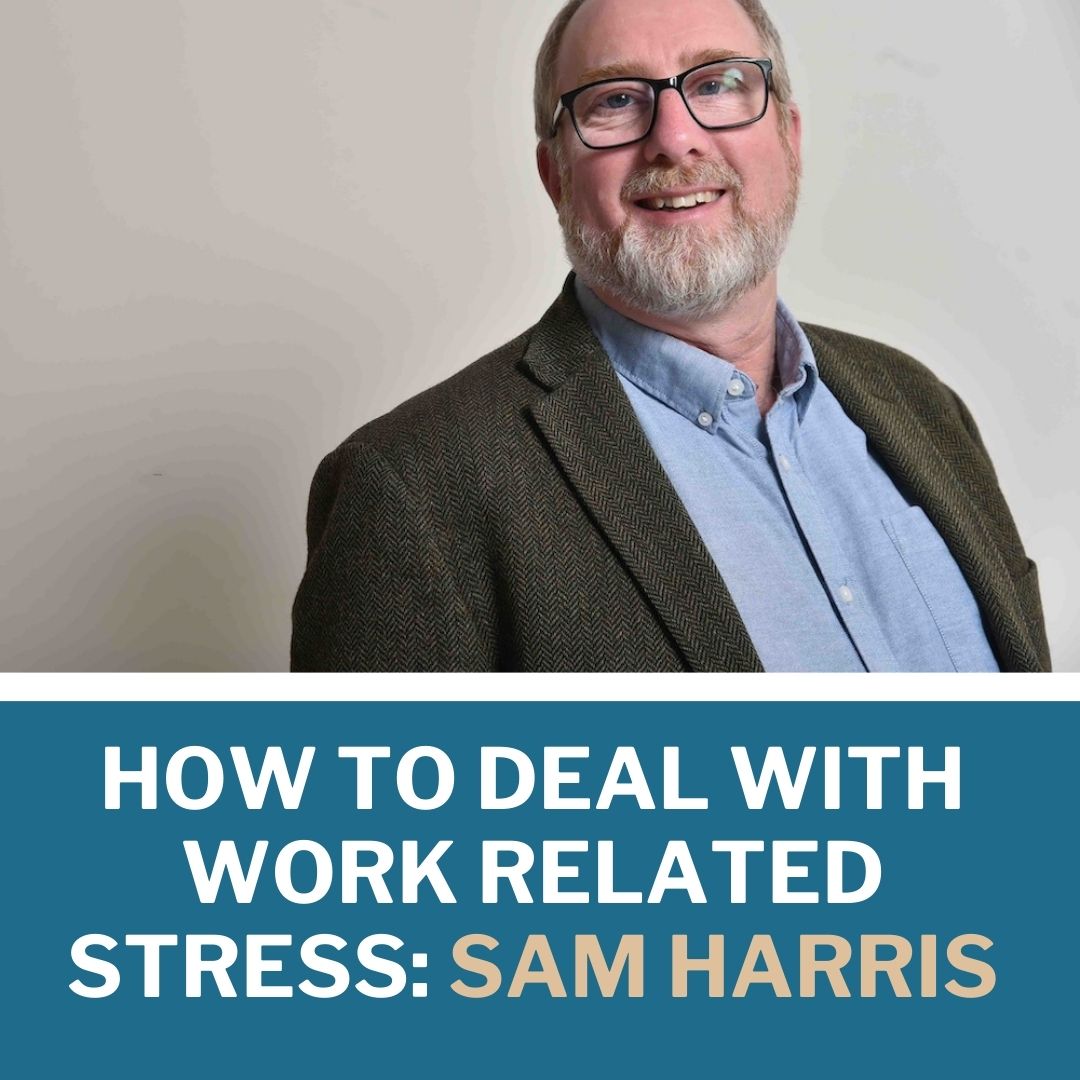 This week’s guest blog is by Hurstpierpoint local Jenny Huggett. Jenny is founder of Jenny Huggett Education and is a qualified teacher tutoring English, French and Spanish.
This week’s guest blog is by Hurstpierpoint local Jenny Huggett. Jenny is founder of Jenny Huggett Education and is a qualified teacher tutoring English, French and Spanish.
This week, I’ve been thinking a lot about how busy we all are…all the time! I don’t know about you but sometimes I feel overwhelmed with the amount I have to do on a day to day basis and wonder how I am ever going to find time to work on more medium-term and long-term projects.
The endless to do list
From shopping, cooking and cleaning to looking after young children or worrying about the emotional wellbeing of teens. Add to that getting the car taxed, serviced and MOTd; planning holidays (or organising childcare for holidays); booking doctor’s appointments; ordering repeat prescriptions; paying bills; buying Christmas trees/presents; putting up the decorations; organising birthday parties; get-togethers with friends and family….the list goes on. Then, if you have children, there’s making sure you keep up with what’s going on at their school: money on canteen accounts; school trip payments; buying uniform; school fairs and events. And then there is work! Honestly, it’s a wonder we’re all holding it together…and I’m sure that we all, at times, feel like we’re not.
I’m just starting up my own tutoring business and, when I am not actually teaching, I have to fit my more medium-term and long-term business projects around the day to day stuff…and it’s really hard to do. It requires being organised, planning, staying motivated when you have already had a full day of work and are feeling tired. So it’s small wonder that we find ourselves, at times, zoned out in front of the TV in the evening or doom scrolling on social media.
Teenagers have a lot to juggle – just like us
So, it got me thinking about teenagers and how they must be feeling, with all the things they have to juggle. Of course, on the surface of it, they don’t have to juggle as much as we do, but remember, we have more experience than they do, more perspective and ability to prioritise, so we’re able to handle a lot more, especially after years of practice.
Plus, they have different demands and worries that might not seem important to us, but that have the same level of magnitude for them. They are establishing their identities; working out what true friendship looks and feels like and what to do when it doesn’t feel right; they are making sure they look nice; checking what homework they have to do; worrying about the consequences of forgetting things; keeping an eye on the time so they’re not late for school; making sure they make time to see friends (which is crucial for teenagers); thinking about romantic relationships; reflecting on things they may not understand in life and wondering who they might talk to about them. And there will be more – cast your mind back to what was going on for you when you were a teenager.
Thinking about the medium and long-term
And niggling away in the background is their version of the medium-term and long-term projects: GCSE exams and how to find the answer to the question everyone keeps asking: “What do you want to do?” They are likely wondering how and when they are going to find time to work on the medium-term and long-term stuff when they’re so tired from all that growing they’re doing and from concentrating all day at school in stuffy classrooms – incidentally, concentrating all day is actually really tiring, despite (perhaps even due to) sitting down all day. They may want to turn their minds to the medium and long term but not know how to do it. What should they be focusing on and when and for how long and HOW? This may all come easily to some, but not to others.
Not to mention that all this is taking place against the backdrop of changing relationship dynamics at home as they move from child to adult. Honestly, it’s a wonder they are all holding it together…and I’m sure that, at times, they are not.
How can we help our teenagers navigate these tricky years?
So, what can we do to help them navigate their way through this, in many ways, intensely difficult period of their lives? Well, there is, of course, no easy answer to that. It’s likely that we parents wants similar things for our children: for them to be healthy, grounded, well-rounded, have perspective, feel empowered, have capacity to love and be loved, be able to find contentment, be able to work towards and achieve their goals to enable them to live the life they want to live. The question is, how can we help them get there?
If you are interested in exploring this with me, HurstWorks is kindly hosting an information evening on Thursday 23 Jan from 6-9pm, where I, Rachel Martin, Teen Therapist and Emma McCrea, Education Expert will share our ideas with you about how you might support your child through years 9, 10 and 11, both emotionally and academically.
We’d love to see you there.
Qualified teacher tutoring English, French and Spanish
07981 232049






1 comment